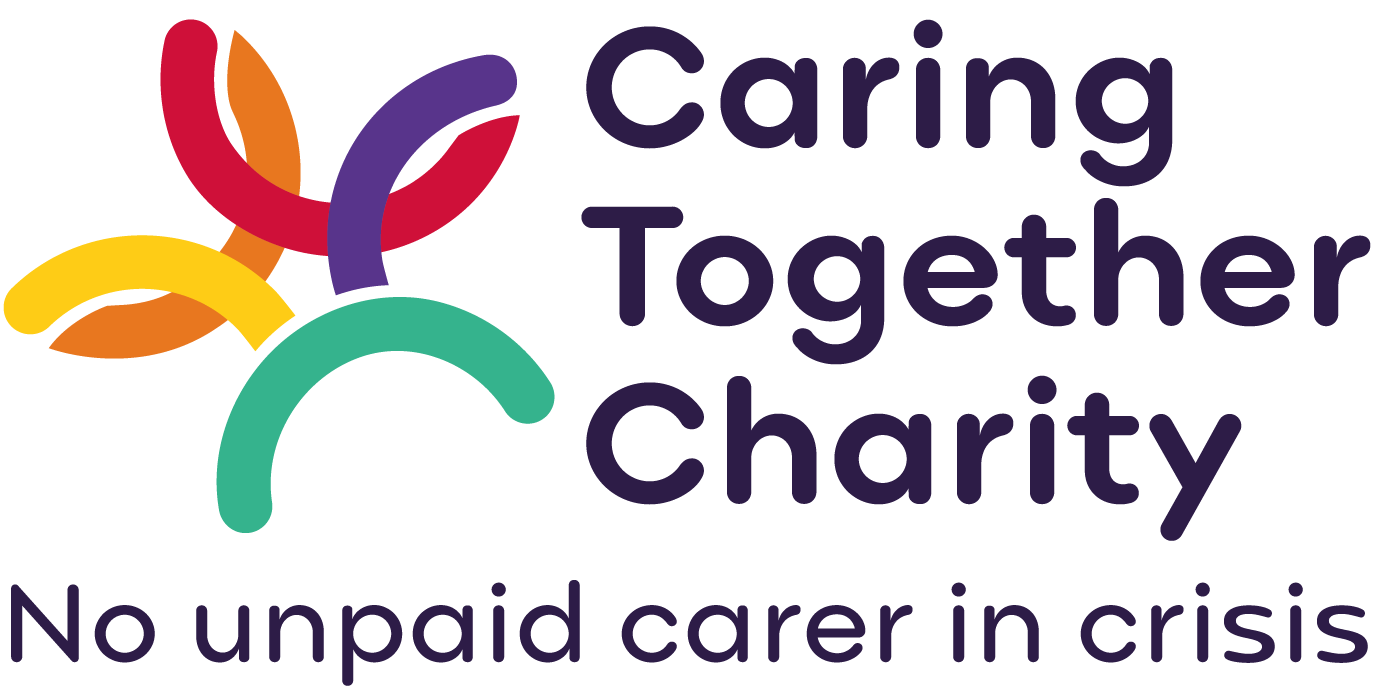 Caring Together want to see carers given improved rights to leave from work. Many carers face significant challenges trying to juggle work and their caring responsibilities.
Caring Together want to see carers given improved rights to leave from work. Many carers face significant challenges trying to juggle work and their caring responsibilities.
We spoken to one carer, Kate, to find out more about her views and experiences as a carer.
If you had one message to give to the Government around the need for carer’s leave, what would it be?
People WANT to work and we WANT to contribute and being penalised for needing support and having it cut again and again leaves us helpless for longer. Give us the support we need when we need it so that we can recover and all be at our best. We have so much to offer if given the chance to better our situation.
As a carer, how would being entitled to carers leave make a difference to you and your family’s life? What difference can a carer-friendly employer generally make?
I can’t overstate the difference it would make to have employers that have a carer-friendly approach. I’m due for surgery soon and, as the main carer for our children and main carer for our son with autism spectrum disorder (ASD), I’m worried about how we will cope with the demands of coordinating support for our son and surgery recovery at the same time.
I have no idea how my husband will juggle that. I fully expect to be form filling and email writing during my recovery.
Can you tell us a little about yourself and your caring role?
I had just completed my degree in Fine Art and had our third son when my caring role began. My eldest son was struck by a bus on his first day of secondary school in 2012 and suffered a severe traumatic brain injury. My husband and I became full-time carers. Our fourth little one was born in 2015.
My eldest is an adult now and has a different personality due to organic personality change. My child went from being a boy who was into maths, science and mechanics to identifying as a female with a different name who plays the guitar and studies music. We still play a supportive role in the background.
My third son was diagnosed with autism at the age of eight. He requires a lot of input at home and at school. I am currently a full-time carer for him. I have the unfortunate challenge of being disabled myself which presents further challenges to my role. Self-care tends to be put on the back shelf. I frequently miss my appointments due to my caring responsibilities.
How has becoming a carer for your children changed your life and theirs?
After the accident, our lives changed completely. We’d never had a disabled child before, so it was a steep learning curve that our previous background in care, (I had worked as a nursing assistant in my twenties and my husband ran a care home for people with learning disabilities), couldn’t prepare us for. My husband was made redundant while our son was still in hospital. We were caring for one child with a brain injury, his nine-year-old brother who’d been diagnosed with PTSD following the accident, and our new-born baby.
Our lives revolved around rehabilitation appointments, practical and personal care for each of our children, frequent nightmares, and unresolved grief. Going out as a family became a distant memory due to the condition our eldest was in. Sleep was thin on the ground, and we had no idea where to go, what to do, or what support/services we were entitled to or how to get an education, health and care plan. We didn’t know how to navigate or coordinate support systems.
What type of challenges do you face daily?
Getting the right support in place is a tremendous challenge. A change in teacher, a lack of teaching assistants or a difficult social interaction makes each day impactful for all of us.
The morning routine can be one of the hardest things to do. Routine is very important to my son with ASD, but teeth brushing and hair washing is an overload of sensory input, so meltdowns and delays are a normal part of daily living. There are times when the only option for my son is a day off to decompress.
Going out as a family, which is normal for others, involves so much planning and preparation, maintenance during, and recovery afterwards. This is something that goes on unseen, even by family.
Coordinating support, long waiting lists for specialists and lack of education on ASD in school or the wider community contributes to a feeling of isolation.
How do you find trying to balance caring with working?
My husband works from home which has been very helpful, but now his work requires him to go to the office once a week. This is challenging because it’s a change for my son to adapt to, extra work on me (I am disabled and we have our seven-year-old son too), and costly on our already stretched budget due to petrol prices and the cost of living. I frequently burn out juggling my caring role, motherhood, work and study. My voluntary work with The Cambridge Children’s Hospital Project and my education are important to me because I need to achieve something of my own, whilst having a shot at improving our financial circumstances.





